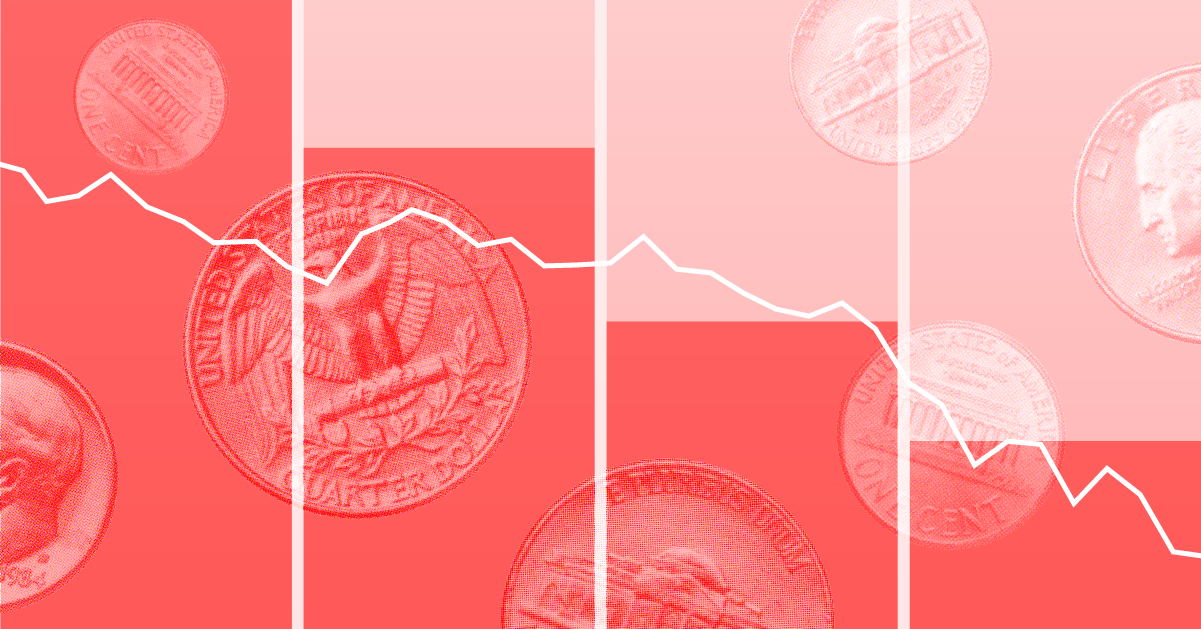Concerns over China tightening monetary policy and ongoing fears surrounding European nation’s fiscal health were largely responsible for taking almost 100 points off the FTSE 100 index on Wednesday as commodity players slumped.
The FTSE 100 index lost 92.3 points or 1.7% to close at 5,420.8, while the FTSE 250 index shed 83.1 points or 0.9% to 9,472.3.
The Chinese government has reportedly put a halt on big bank lending for the rest of January, heightening already-apparent concern that the nation’s authorities could ramp up their efforts to tighten monetary policy if tomorrow’s GDP data beats forecasts. Consensus is for China to report gross domestic product growth in double figures in the fourth quarter of 2009.
In other economic news, US housing starts tumbled 4% in December, more than the 0.2% drop that economists were expecting. However, housing permits jumped almost 11% in the month, indicating some signs of life in the housing market. US inflation appears to be remaining in check as the PPI index rose only 0.2% in December and was flat when excluding food and energy prices. Low inflation levels should allow the Fed to continue to exercise loose monetary policy without worrying about near-term rises in the price level.
As correctly indicated by early polls, Republican Scott Brown beat Democrat rival Martha Coakley by 52% to 47% overnight to become Massachusetts’ first Republican senator in 37 years, therefore giving Republicans enough Senate votes to hamper President Obama’s healthcare reforms.
Here in the UK, the number of people claiming unemployment benefits dropped at its sharpest monthly pace in almost three years to 1.6 million, while the ILO measure of unemployment fell by 7,000 to just under 2.5 million in the three months to November—its first decline since May 2008.
On the stock markets, hopes that the US government’s plans for the healthcare industry could be scuppered helped the UK’s Shire climb 2.6% to fill to top spot on the FTSE 100 index. Pharma giants GlaxoSmithKline and AstraZeneca slipped 0.1% and 0.5%, respectively, but still outperformed the wider market.
Elsewhere, utilities featured heavily among the handful of blue-chips that managed to register gains as investors bought into their defensive qualities. Scottish & Southern Energy, United Utilities and Severn Trent each ticked up 0.4%-1.2%.
On the downside, miners were the main drag on the index amid concerns over China is trying to cool its economic growth and the first 11 stocks on the casualty list were mining companies. Falls ranged from Eurasian Natural Resources’ 6.3% to BHP Billiton’s 3.6%, with every other FTSE 100-listed miner in between. BHP was spared the worst of the sell-off following its record interim production numbers overnight. “BHP finished the first half in marginally better production shape than expected,” commented Morningstar analyst Mark Taylor. Read our long-term analysis of the company here.
With commodity prices sliding lower as investors switched into dollars amid the China concern, oil issues were also hurt on Wednesday—Tullow Oil and Cairn Energy eased 2.9% and 2.8%, respectively, while index heavyweights BP and Royal Dutch Shell fell back 1.6% and 1.2%.
Significant pressure was also applied by the British banking sector after US banks reported mixed earnings. Bank of America and Wells Fargo both reported improved fourth-quarter results but the firms continue to suffer the effects of a weak macro-economic picture.
As such, Barclays shed 3.6%, Standard Chartered lost 3.3%, HSBC was 2.1% lower, Lloyds Banking Group dipped 1.0% and Royal Bank of Scotland ended down 0.9%.
This market commentary, as well as equity analysis, funds research and personal finance articles, can be delivered direct to your inbox on a daily basis with Morningstar's daily newsletter.
























